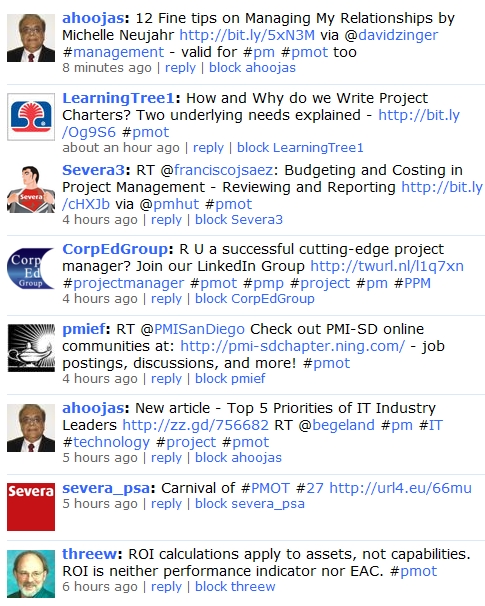Project management and firefighting
Background on this post
This post started from a tweet that resonated with me. I realized that if we spend all our time managing emergencies, we leave the project at a standstill, without a leader or a vision.
Project management and firefighting
One thing most bloggers won’t admit to is how
they often find inspiration for their posts: in other blogs and tweets.
Anywho, I found my inspiration for today’s post from this Tweet: “Why do so many professionals say they are project managing, when what
they are actually doing is fire fighting? – Colin Bentley” from
- It’s a vicious circle.
